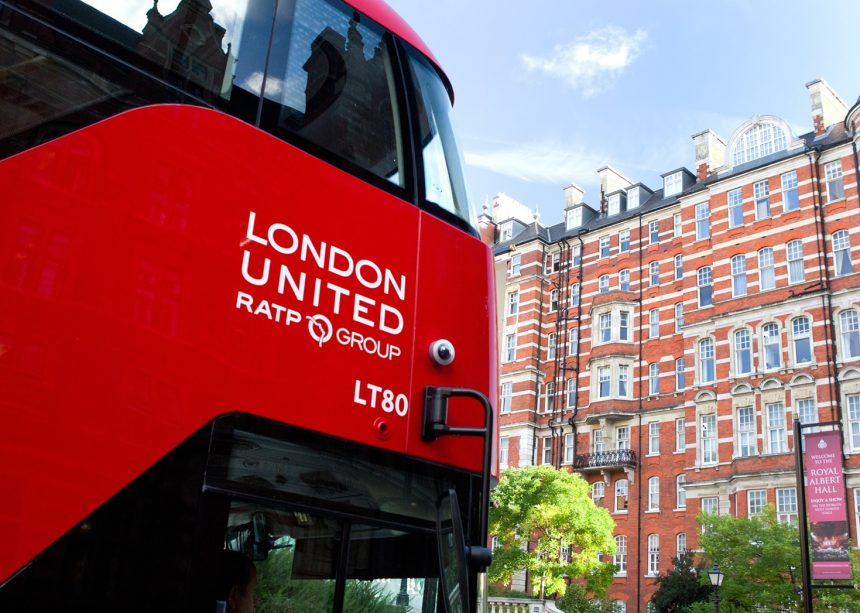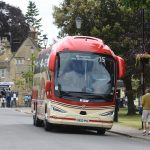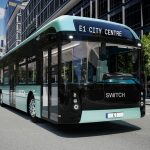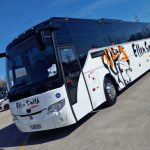Few would have predicted the return of FirstGroup to the Transport for London contracted bus market. But that will happen in early 2025 via the purchase of RATP Dev activities there and around 1,000 vehicles.
A comeback to the capital’s red bus scene after 12 years away is no doubt a factor of several items for both First and RATP, including the former’s ‘war chest’ generated by disposal of its interests in North America.
The group notes that in London, the risk of losing large parts of business at once is minimal. That is not the case in some of the urban areas upon which its existing bus operations major.
Such a threat via franchising is present or growing in many of those, although First’s interest in bidding for contracts in areas where it is not currently active is well-known. Perhaps it will follow a London return by bouncing back into the Liverpool City Region via reregulation, an area that it left at around the same time as the capital.
Growing activities for First in the coach market are also prominent, crowned by the recent purchase of Lakeside Group and its 145 vehicles. Significant money is concurrently being spent by the group on bus brand and identity, including what is cited as an ambitious rollout of a new livery.
That is well overdue, with some fleets’ coats of many colours in urgent need of attention. First Bus’s commitment to decarbonisation is undeniable. It is noticeable that the current round in England includes some operational footprints that in previous decades may have been considered non-core and at risk of disposal during the years of retrenchment.
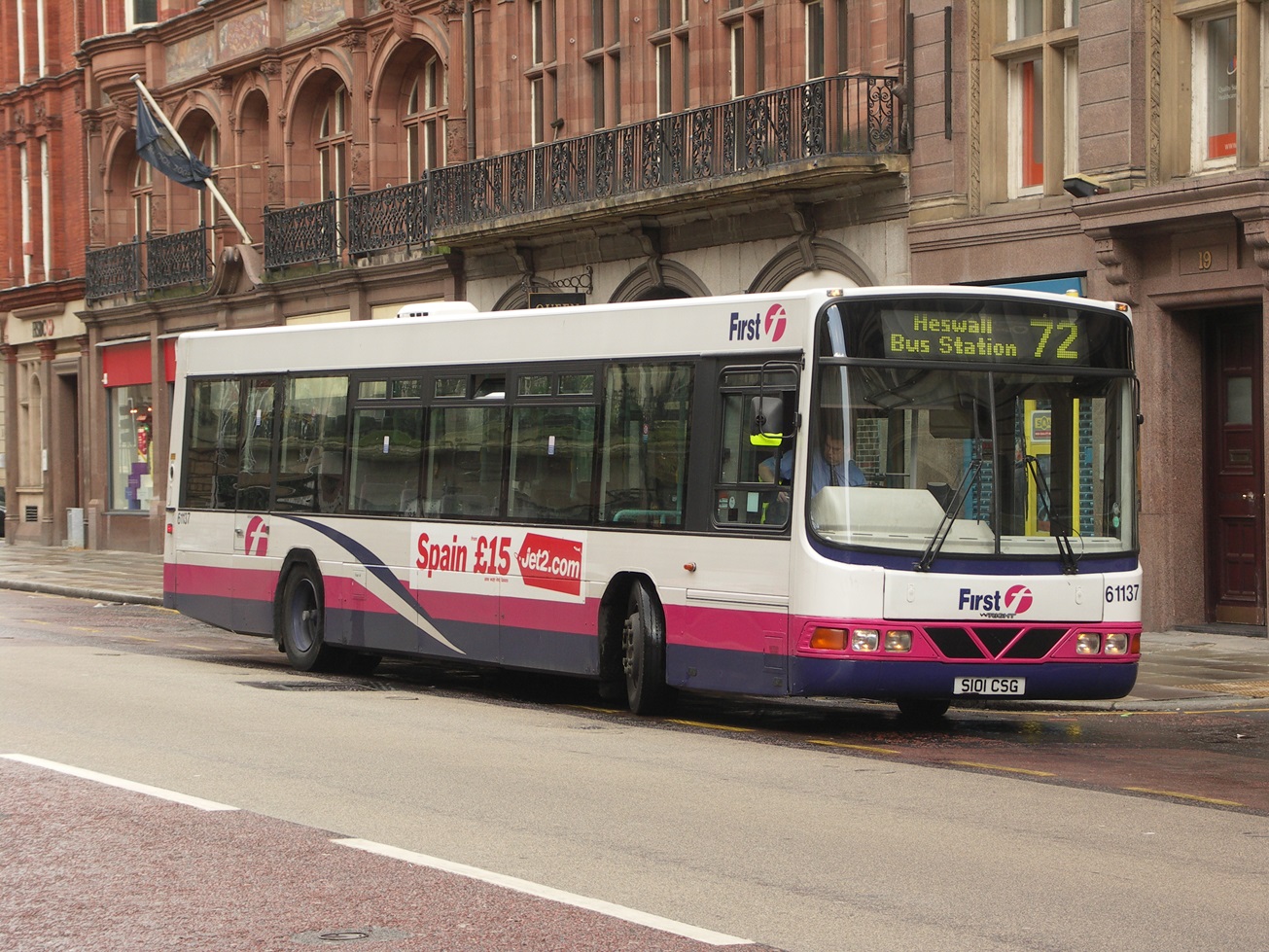
Equally prominent is how First – perhaps more than any other large group – has looked outside the industry for senior management recruits. Such an approach has raised the odd eyebrow, with some longstanding industry members of a view that many years of experience running buses is mandatory before stepping up to the boardroom table.
The long-term fruits of that tactic remain to be seen, and loss of some career bus people during the changeover period may have been difficult. Yet those that are new to the sector will have undoubtedly contributed to the current wind of change.
The First Bus of today is clearly a different beast from five years ago. Several operations, while trimmed in the long-term, have otherwise seen investment in vehicles and depots that would have been unthinkable in 2019.
A considerable sum of money is already promised for further decarbonisation, with hints having been dropped that large-scale electrification without subsidy is not far away.
The result of changes in rail will mean that bus for First will be front and centre of its future strategy. While deals such as that for RATP Dev in London are few and far between, betting on the group’s continuing expansion via smaller complementary coach and bus operator purchases in 2025 and beyond would seem a solid wager.
The turnaround is far from complete, and there is an argument that technology rollout by First Bus may be progressing at a pace that some parts of its customer demographic could find difficult. But the ‘wilderness years’ look like they are coming to an end – if, indeed, that point has not been reached already.





















